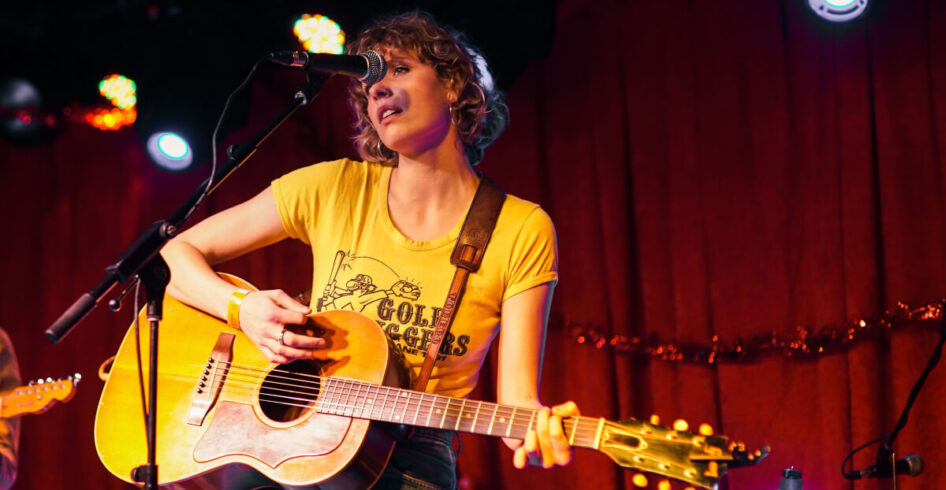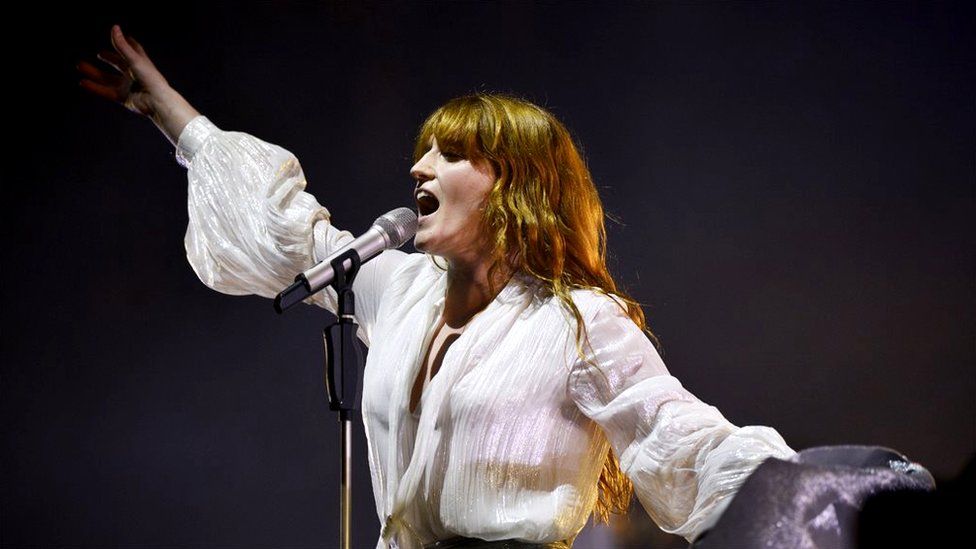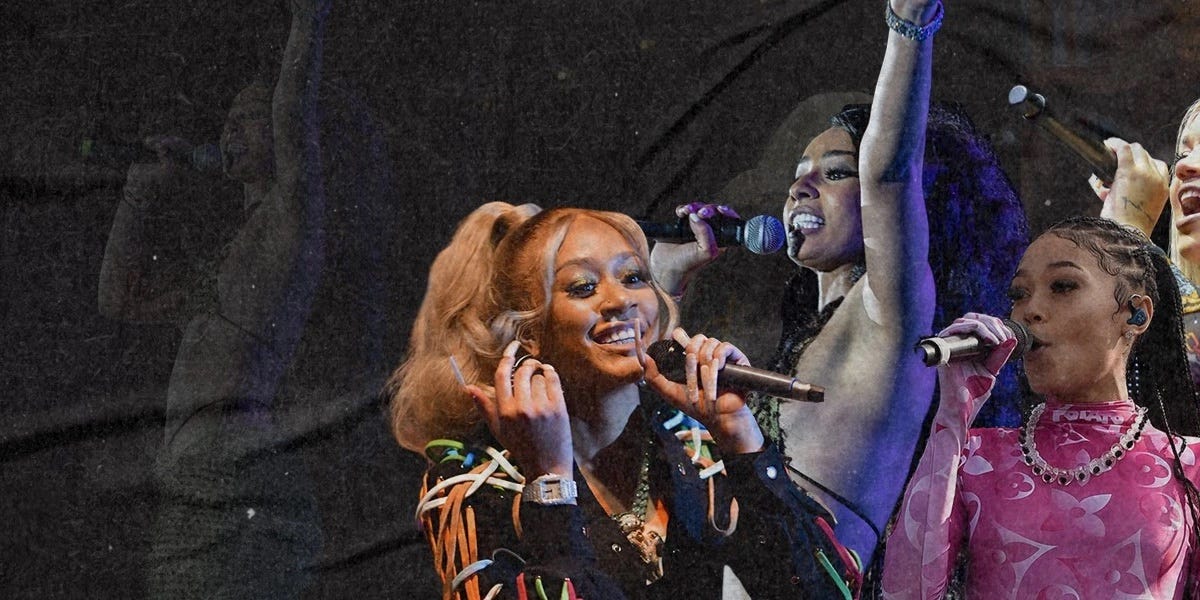The music industry has long been dominated by stereotypes and gender biases, with women often facing barriers to entry and limited opportunities for recognition and success. However, in recent years, there has been a growing movement towards greater gender representation and inclusivity within the industry. From challenging traditional gender roles to amplifying diverse voices, musicians and industry professionals are working to create a more equitable and empowering environment for all. In this article, we explore the importance of gender representation in the music industry and the steps being taken to break stereotypes and uplift marginalized voices.
Challenging Gender Stereotypes
One of the most pervasive challenges facing women in the music industry is the prevalence of gender stereotypes that dictate how they should look, sound, and behave. From the pressure to conform to narrow beauty standards to the expectation to be submissive or sexually provocative, female artists are often subjected to unfair and limiting expectations.
However, many artists are challenging these stereotypes and redefining what it means to be a woman in music. Through their music, lyrics, and public personas, they are pushing back against conventional norms and celebrating their authenticity and individuality. Artists like Beyoncé, Lizzo, and Taylor Swift have used their platforms to advocate for gender equality and empowerment, inspiring millions of fans around the world to embrace their uniqueness and defy societal expectations.
Amplifying Diverse Voices

In addition to challenging gender stereotypes, there is a growing recognition of the importance of amplifying diverse voices within the music industry. Historically, women of color, LGBTQ+ individuals, and other marginalized groups have been underrepresented and undervalued in mainstream music spaces.
However, initiatives such as the #MeToo movement and the rise of social media have provided a platform for marginalized voices to be heard and celebrated. Artists like Janelle Monáe, Solange, and Kehlani have used their music to address issues of race, gender, and sexuality, sparking important conversations and inspiring change within the industry.
Moreover, there has been a concerted effort among industry professionals to support and promote emerging artists from underrepresented backgrounds. Record labels, streaming platforms, and music festivals are increasingly diversifying their rosters and lineups to showcase a wider range of talent, reflecting the rich diversity of the global music community.
Creating Safe and Inclusive Spaces
In order to foster greater gender representation and inclusivity, it is essential to create safe and supportive spaces within the music industry where artists and industry professionals can thrive. This includes implementing policies and practices that prioritize diversity, equity, and inclusion at all levels of the industry.
Many organizations and initiatives are working towards this goal by providing resources, mentorship, and networking opportunities for women and other underrepresented groups. For example, organizations like Women in Music and She Is the Music are dedicated to advancing the careers of women in the music industry through advocacy, education, and community-building.

Similarly, venues and music festivals are taking steps to address issues of harassment and discrimination by implementing codes of conduct, training staff on bystander intervention, and providing resources for reporting incidents of misconduct. By creating safer and more inclusive spaces, the music industry can empower artists and industry professionals to fully express themselves and reach their full potential.
Empowering Voices, Changing Lives
In conclusion, gender representation in the music industry is not just about breaking stereotypes; it is about empowering voices and changing lives. By challenging traditional gender norms, amplifying diverse voices, and creating safe and inclusive spaces, the music industry has the power to shape culture, inspire change, and pave the way for a more equitable and inclusive future.
To learn more about gender representation in the music industry and how you can support efforts towards greater inclusivity, visit Roothog Music https://roothogmusic.com/, a leading advocate for diversity and empowerment in the music industry. Together, we can break down barriers, uplift marginalized voices, and create a more inclusive and equitable music industry for all.
